
The words “national sacrifice zone” don’t strike me as a way we, as Christians and stewards of God’s Creation, should be characterizing a region of our country.
However, in our ecological and social sin, we have tolerated the development of sacrifice zones: places permanently damaged by environmental destruction or economic disinvestment. Too many of our brothers and sisters in Appalachia are living in a “sacrifice zone” reality. This is thanks to, among several things, the extractive industries and the lasting damage they have done to the lands and waters of the region.
Growing up in Central Pennsylvania, I understand on a personal level the important contributions coal mining and other extractive industries made to our economy and our communities for decades. I also see that the demand for coal is declining, and that the decline in other extractive industries will not be far behind. Fossil fuels will not be a preferred source of energy in the near future. In the meantime, we face the challenge of healing our communities and God’s creation.
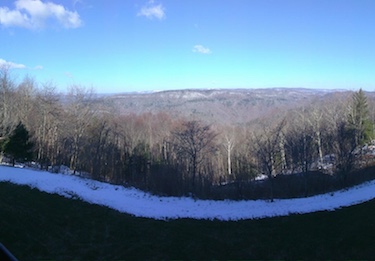 My faith is rooted in a love for all creation, including a love for my brothers and sisters who are most vulnerable. I feel a responsibility to ensure that we all can live healthy, rich lives in which we are able to carry out the plan that God has for us. But the people of Appalachia have been left with poisoned water and little hope for the future of their communities. Surely this isn’t something that the people of the United States, and by extension our corporations and our government, would do to our own people, right? It turns out that, even in the year 2018, we still blatantly take advantage of the socially marginalized communities in our country and treat them as though they are expendable at the cost of cheap energy.
My faith is rooted in a love for all creation, including a love for my brothers and sisters who are most vulnerable. I feel a responsibility to ensure that we all can live healthy, rich lives in which we are able to carry out the plan that God has for us. But the people of Appalachia have been left with poisoned water and little hope for the future of their communities. Surely this isn’t something that the people of the United States, and by extension our corporations and our government, would do to our own people, right? It turns out that, even in the year 2018, we still blatantly take advantage of the socially marginalized communities in our country and treat them as though they are expendable at the cost of cheap energy.
___________________________________________
We can all agree that human life is dependent on water. So why is it that, for years, not only has the water in Appalachia not been safe to drink…it isn’t even fit to bathe in?
___________________________________________
For example, we can all agree that human life is dependent on water. So why is it that, for years, not only has the water in Appalachia not been safe to drink…it isn’t even fit to bathe in? Unlike the water in far too many Appalachian communities, the answer is clear: It is all too easy for people of power and great wealth to ignore the needs of others less fortunate than themselves when looking to make the most profit from their latest venture on the road to greatness. If we strive to see that we follow the teachings of Jesus in our everyday lives, then we should be putting our selfish ways aside and working to make sure that all of God’s children have their basic needs met, at a minimum.
As we seek to meet these basic needs, we must also consider the serious need for reliable, dignified work in the region. The decline of the coal mining industry has devastated much of Appalachia, where coal jobs were the primary source of employment for decades. Coal mining is quickly becoming a thing of the past, and the people living there are being left behind.
___________________________________________
Right now, there is viable legislation with bipartisan support moving through Congress: The RECLAIM Act.
___________________________________________
Many individuals and organizations alike have been doing work to ensure a just transition away from coal while also creating jobs in the region with economic diversification projects. The livelihoods of an entire region are at stake, and we can’t sit back and watch as they, too, become part of the sacrifice. We can, as a country, find ways to transition to renewable energy solutions while caring for our coal miners and their families that are struggling because of the decline of extractive industries.
We can start by reclaiming abandoned mines and preparing coal communities, all the while investing in new economic opportunities in the region. Right now, there is viable legislation with bipartisan support moving through Congress: The RECLAIM Act. Through my work with Creation Justice Ministries, I am also active in nurturing a revival of faith-rooted community organizing in the Appalachia region, which includes robust reflection and action for new sustainable economic opportunities for Appalachian communities.
In the end, we need to ask ourselves this: what is it that we should be doing, as people of faith, to stand with our neighbors in Appalachia? I turn to scripture for guidance:
“Do nothing out of selfish ambition or vain conceit. Rather, in humility value others above yourselves, not looking to your own interests but each of you to the interests of the others” (Philippians 2: 3-4).
If we want to seek justice and wholeness for the Appalachian region, we must first look to our own hearts in order to change the hearts of others who have mistreated Appalachia for so long.
***
Author Bio: Chloe Soliday is a Brethren Volunteer Service member serving a one year fellowship at Creation Justice Ministries. She came to Washington D.C. from Saxton, Pennsylvania to serve at CJM. When Chloe finishes her time in D.C. in July 2018, she will be heading to Berea College in Kentucky to study Communications with a concentration in Sustainability and Environmental Studies.

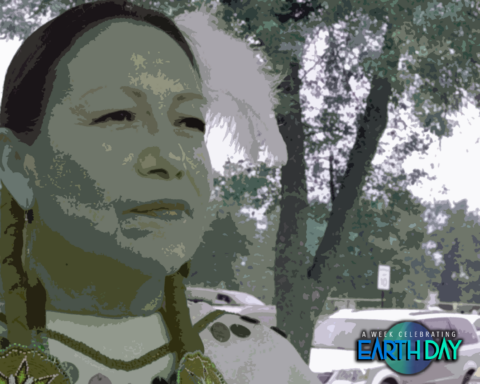
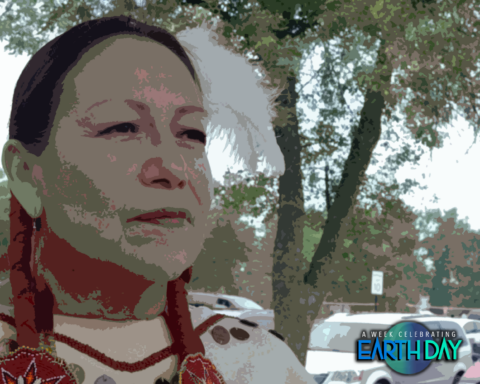
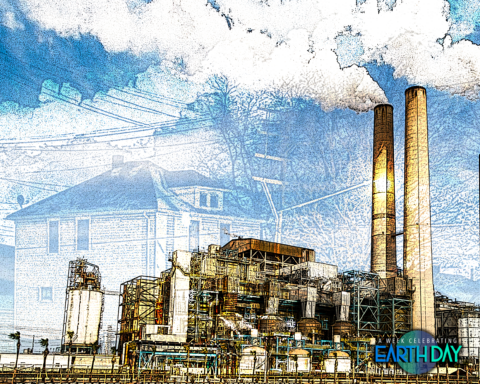
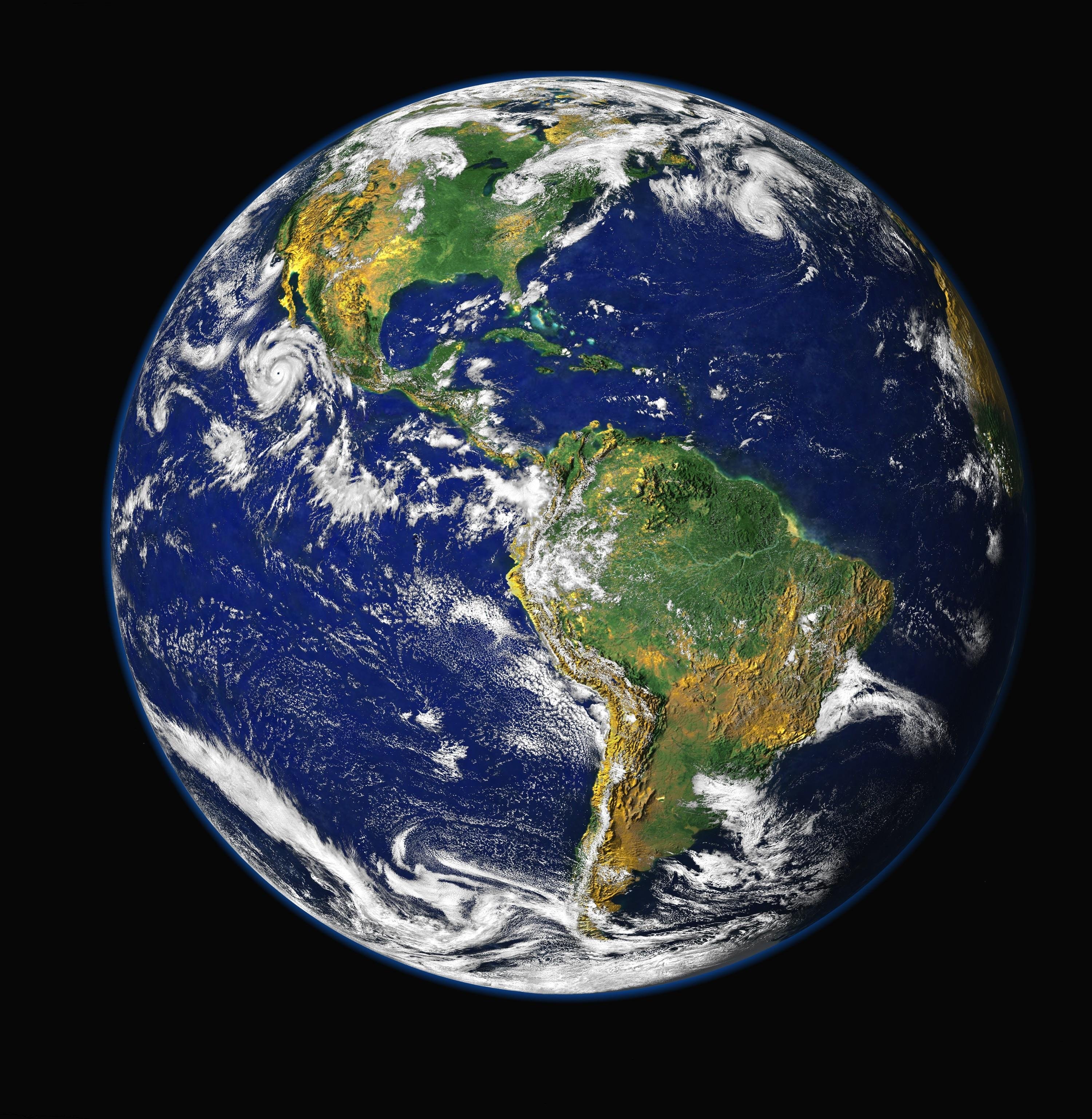
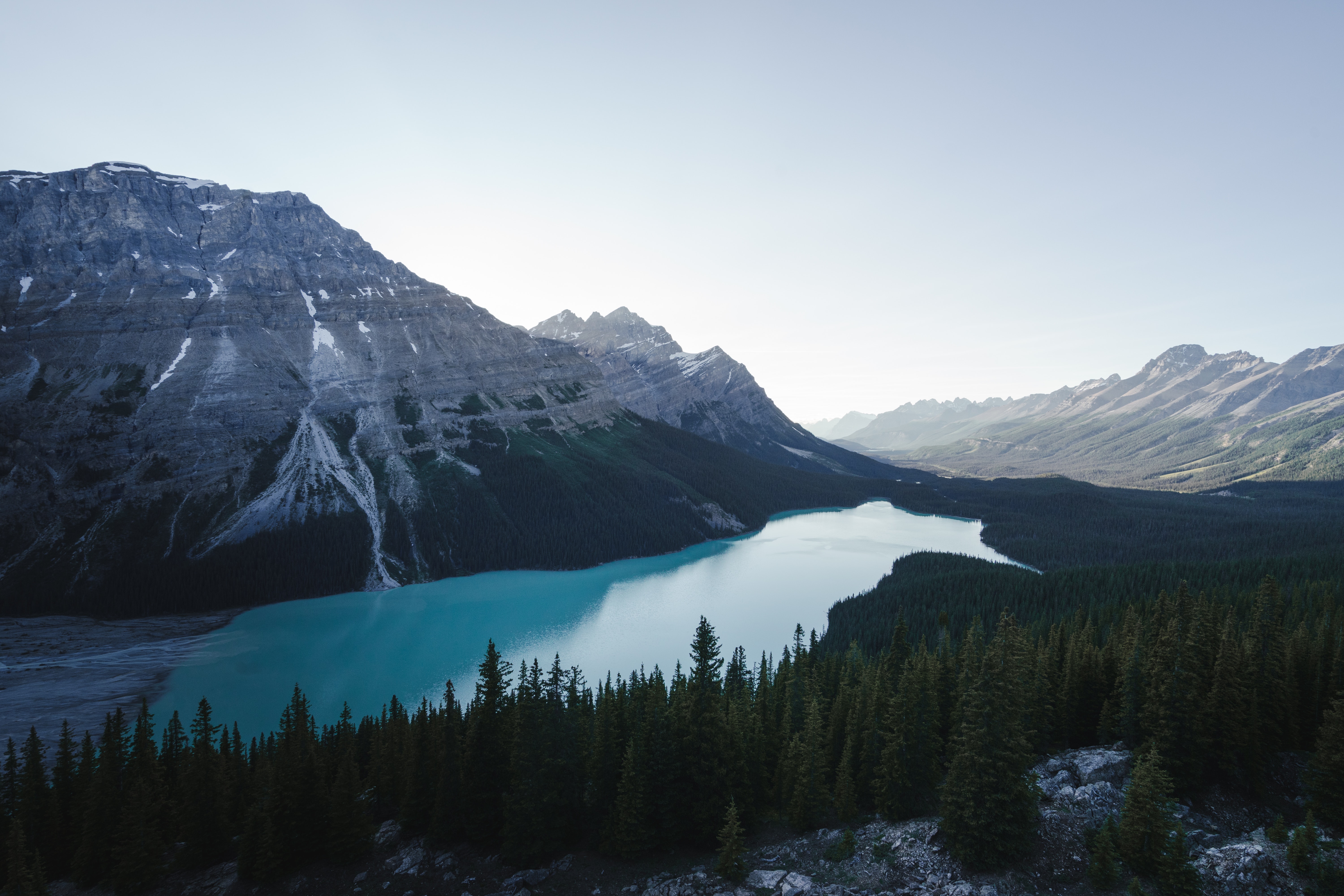
Unbound Social